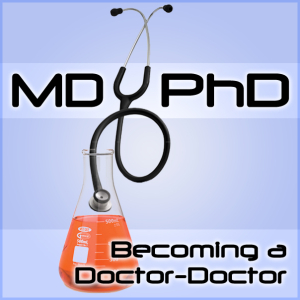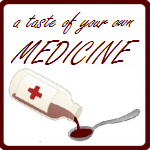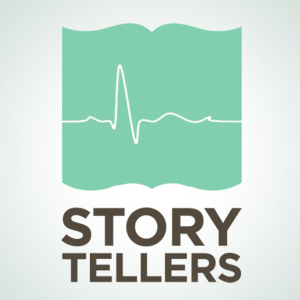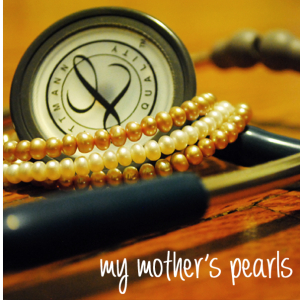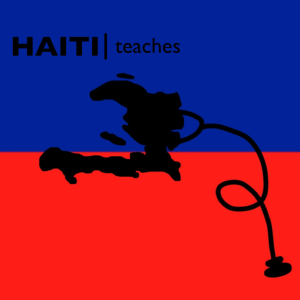Choosing the MD/PhD Journey
It’s hard to say what motivates my fellow MD/PhD trainees to pursue the physician-scientist career track. In some ways, we’re a masochistic group, voluntarily choosing to spend seven to 10 years in the prime of our lives completing two doctoral degrees instead of one, then spending another four to eight years or more in residency, research residency, postdoctoral and possibly fellowship training before seeking a “real” job. Even for those of us who started our …

